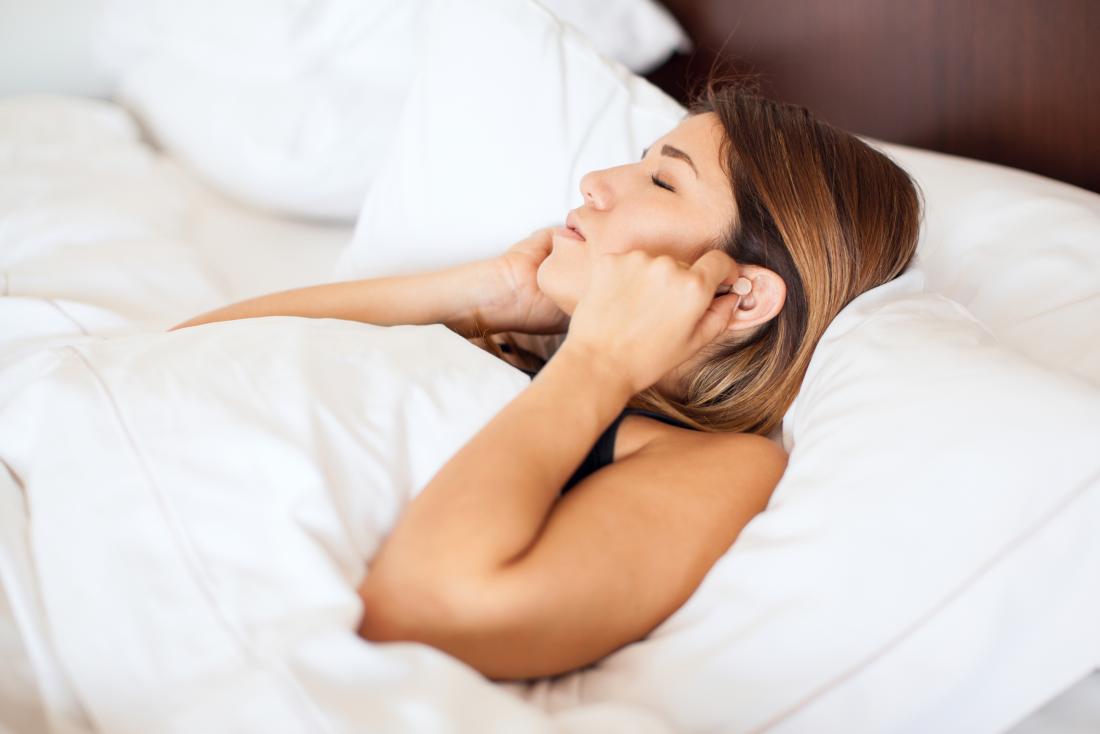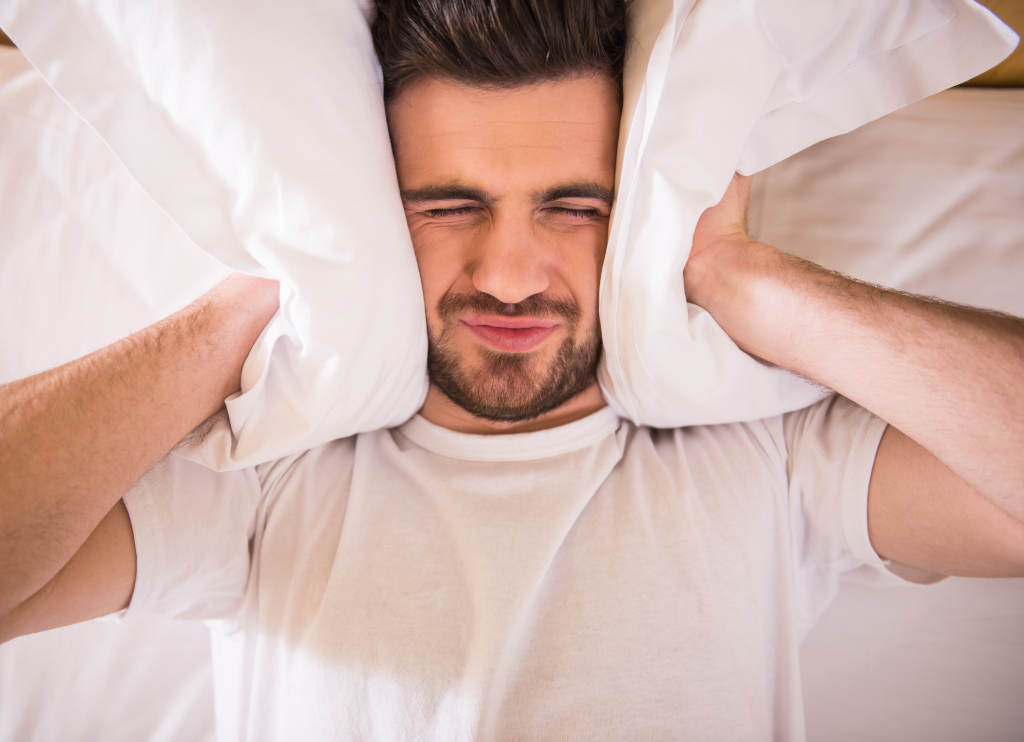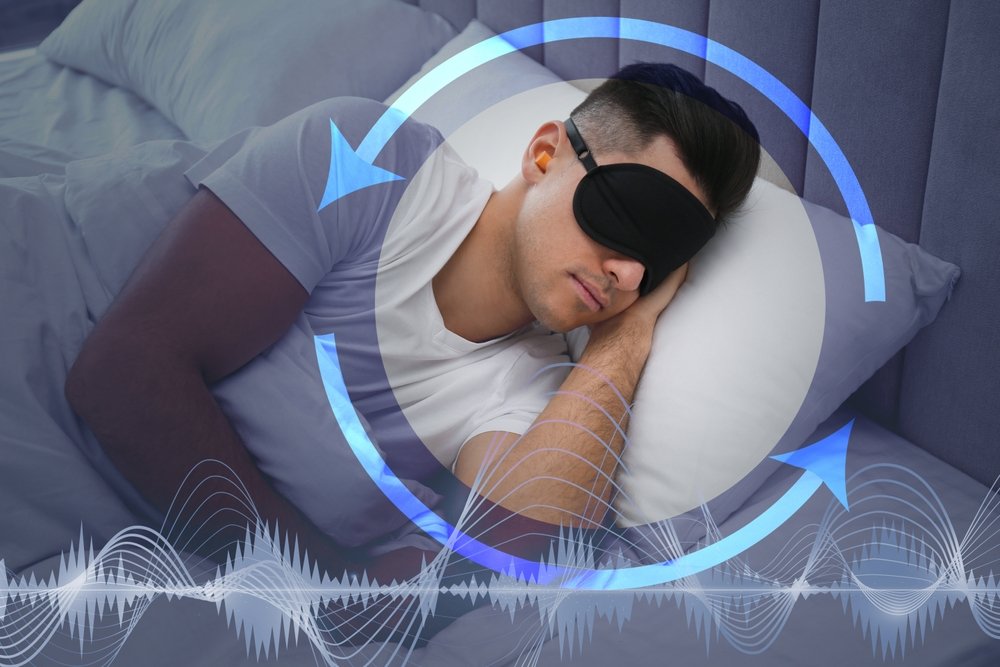Is It Safe to Sleep with Earplugs?
Sleeping with earplugs can be safe for many people, but it’s essential to use them properly and be aware of potential risks. Earplugs can help create a quieter sleep environment, especially in situations with noise disturbances such as traffic, snoring, or loud neighbors. However, there are a few considerations to keep in mind.
Firstly, hygiene is crucial. Regularly clean and replace earplugs to prevent the buildup of bacteria, which can lead to ear infections. Inserting earplugs too deeply into the ear canal may also cause discomfort or damage, so it’s important to follow proper insertion guidelines. Individuals with ear infections, earwax buildup, or other ear conditions should consult a healthcare professional before using earplugs. Additionally, it’s crucial to be aware of your surroundings, as blocking out all noise may pose safety risks, such as not hearing alarms or emergency sounds.
In conclusion, when used correctly and in appropriate situations, sleeping with earplugs can be safe and beneficial for a better night’s sleep. If you have specific concerns or pre-existing ear conditions, it’s advisable to seek guidance from a healthcare professional.
What are the benefits?
Sleeping with earplugs can offer several benefits for individuals seeking a more restful night’s sleep. Firstly, earplugs can effectively block out disruptive noises, creating a quieter and more serene sleeping environment. This is particularly advantageous for those living in urban areas with constant traffic noise, near busy streets, or dealing with loud neighbors.
Reducing environmental noise can contribute to improved sleep quality by minimizing disturbances that might otherwise interrupt the sleep cycle. This is especially relevant for light sleepers or individuals with sensitivity to noise.

Earplugs can also be beneficial for promoting relaxation, as they help create a cocoon of silence, allowing individuals to focus on their internal thoughts and unwind from the day’s stressors.
Moreover, using earplugs may contribute to better concentration and focus during the day by ensuring that the sleep cycle remains undisturbed. This can be particularly important for individuals with irregular sleep schedules due to shift work or other commitments.

In summary, the benefits of sleeping with earplugs include enhanced sleep quality, reduced disruptions, improved relaxation, and better daytime focus. However, it’s crucial to use earplugs correctly and maintain proper hygiene to maximize their effectiveness and ensure safety.
Are there any side effects?
While sleeping with earplugs can offer benefits, it’s important to be aware of potential side effects and use them cautiously. One common concern is the risk of earwax impaction. Regular use of earplugs may contribute to the accumulation of earwax, leading to blockages in the ear canal. This can result in hearing difficulties, discomfort, or even ear infections.
Improper use or unclean earplugs may also introduce bacteria into the ear canal, increasing the risk of infections. It’s crucial to maintain good hygiene practices, regularly cleaning and replacing earplugs to prevent such issues. Additionally, using earplugs too frequently or for extended periods might cause a feeling of isolation or disconnection from the environment, which could potentially lead to anxiety or stress for some individuals.
In rare cases, some people may experience discomfort or allergic reactions to the materials used in certain types of earplugs. Individuals with pre-existing ear conditions, such as infections or a history of ear problems, should consult a healthcare professional before regularly using earplugs. While earplugs can be a valuable tool for better sleep, it’s essential to use them judiciously, maintain hygiene, and be mindful of any adverse reactions or changes in ear health.
What’s the best type for sleeping?
The best type of earplugs for sleeping depends on personal preferences, comfort, and the specific needs of the individual. Foam earplugs are a popular choice for sleep, as they are soft, moldable, and effective at blocking out noise. They conform to the shape of the ear canal, providing a comfortable fit and good sound insulation. Some popular brands offer foam earplugs designed explicitly for sleep. Silicone earplugs are another option, known for their durability and ability to create a seal in the ear canal. They come in various shapes and sizes, allowing users to find the most comfortable fit.

Custom-molded earplugs, typically made by professionals to fit the individual’s ear shape, provide a tailored and snug fit, offering effective noise reduction. Wax earplugs are pliable and moldable, conforming to the shape of the ear. They are known for their comfort, but users should be cautious about hygiene and cleanliness.
Ultimately, the best type of earplugs for sleeping is subjective. It’s advisable to try different types and brands to find the most comfortable and effective option for individual preferences and needs. Additionally, considering factors like ease of use, hygiene, and any potential allergic reactions can contribute to a satisfactory choice.














Leave a Reply